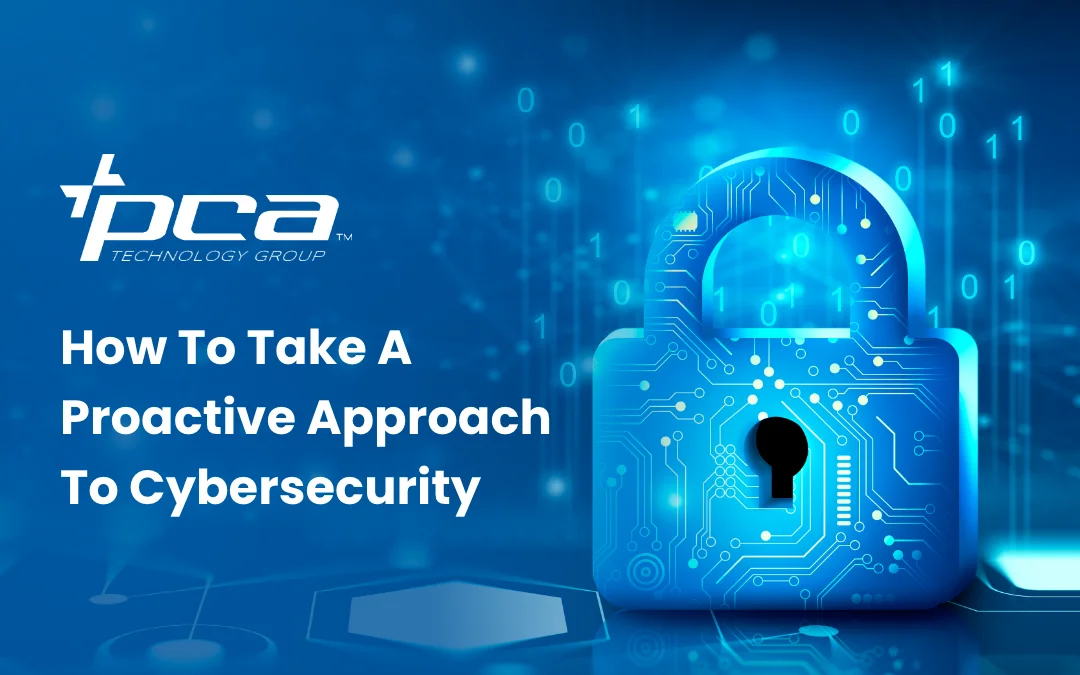Due to the severity of the revenue and reputation damage even a swiftly handled data breach can cause, the best way to safeguard your business is to prevent a data breach from happening. To accomplish this, you need to take proactive measures to identify and prevent any vulnerabilities cyberattackers will try to exploit. In addition, should the worst happen, the proactive method also minimizes potential damages and ensures business continuity.
In this article, we’ll explore proactive cybersecurity strategies that you can implement to strengthen your security posture and stay ahead of emerging threats.
Assess risks regularly
Start by conducting regular risk assessments to identify potential vulnerabilities, weaknesses, and areas of exposure within your IT infrastructure and systems. Examine the security posture of your networks, apps, devices, and databases so you can determine the likelihood and potential impact of various cyberthreats. Furthermore, you should identify critical assets, sensitive data, and high-risk areas that require heightened protection so you can focus your efforts where they’re needed.
By regularly assessing your organization’s risk landscape, you can proactively address security gaps and mitigate potential vulnerabilities before cyberattackers attempt to exploit them.
Educate and train employees
Cybersecurity awareness training programs will educate and prepare your employees to recognize, respond to, and report potential security threats effectively. Most data breaches occur because of careless users clicking on something or giving information to someone they shouldn’t have. As such, training your employees to spot and avoid attacks will stop the breaches before they start.
You should also train employees on cybersecurity best practices, including stronger password creation, safe browsing habits, and how to recognize phishing emails. For further training, you should conduct simulated phishing exercises to assess employees’ susceptibility and provide targeted training to address areas of weakness.
Enforce strong password policies
Unauthorized access to your organization’s accounts, systems, and data usually occurs when a cybercriminal has discovered or guessed your passwords. To reduce the risk of these kinds of breaches, you should encourage your employees to create long, complex, and randomized passwords while mandating password changes once a year or if you suspect a breach.
Consider implementing multifactor authentication (MFA) to add an extra layer of security and verify users’ identities before granting access to sensitive resources or information. These additional verification methods can include:
- Passcodes sent to an email or SMS, or generated by an authenticator app
- Push notifications on your smartphone
- Answers to preset personal questions
- Biometric data, such as fingerprints or facial scans
- RF devices, USB fobs, or other physical keys
Regularly back up data
No cybersecurity posture is perfect, so should you suffer a cyberattack, having backups of your data can mitigate the worst of the damage. By establishing a regular backup and data recovery strategy, you can protect and recover critical business data in the event of a security incident or data loss event.
Furthermore, be sure to test your data backups regularly to verify their integrity, completeness, and effectiveness in restoring data. That way, should a ransomware attack or virus compromise your data, you’ll have up-to-date copies easily available to help you reestablish regular business operations quickly.
Implement network monitoring
It’s much harder to stop a cyberattack if you’re caught by surprise, so be sure to integrate security monitoring and incident response tools into your network. These programs, when managed correctly, can detect, analyze, and respond to potential security threats in real time. They enable your IT team to monitor network traffic, detect suspicious activities, and identify signs you’re under attack.
Partner with cybersecurity experts
To best prepare for cyberthreats may require specialized knowledge and technologies that you and your business lack. By partnering with an experienced cybersecurity provider like PCA Technology Group, you can access professional expertise and up-to-the-minute cybersecurity knowledge without having to hire and equip additions to your IT department.
Contact us today, and we’ll leverage our 35+ years of experience to ensure your systems are ready for any damaging cyberthreat so you can operate with total peace of mind.


